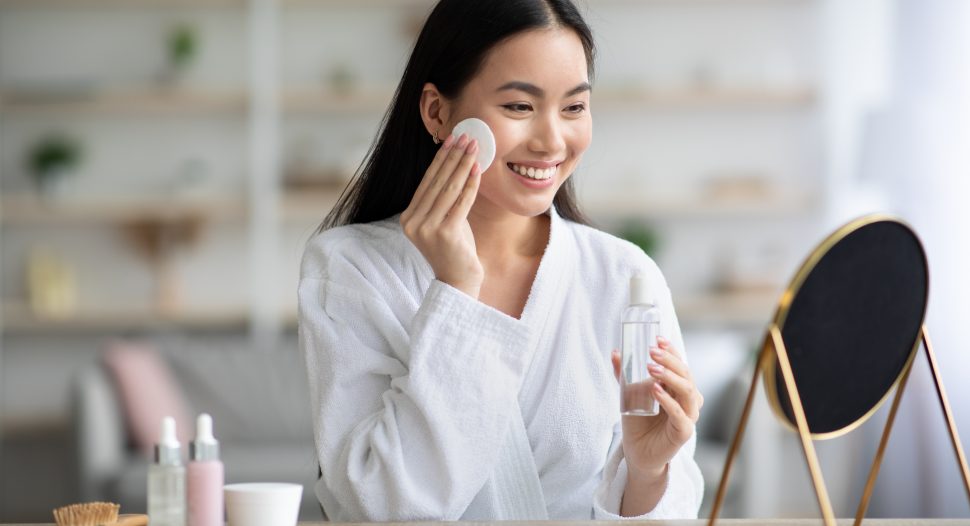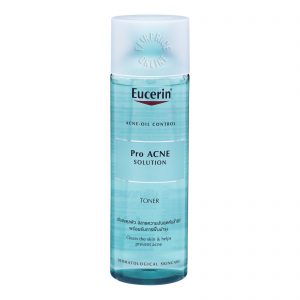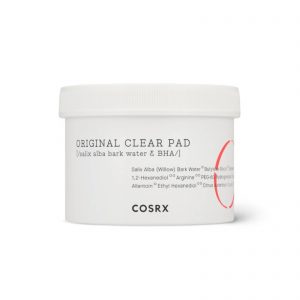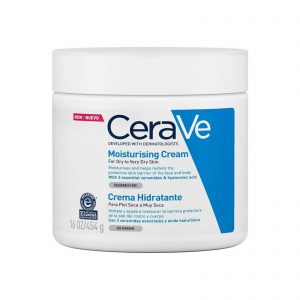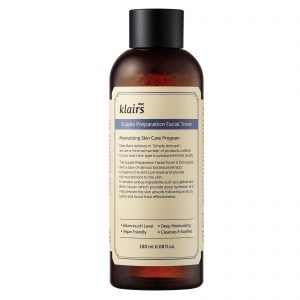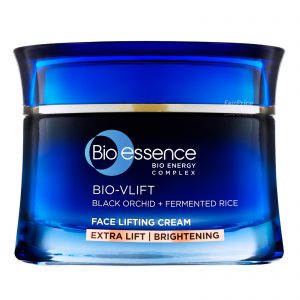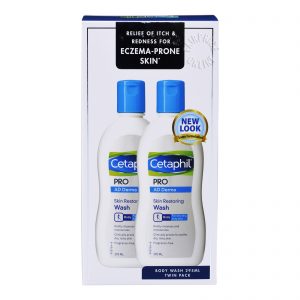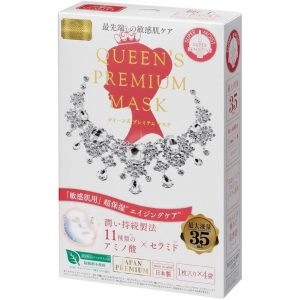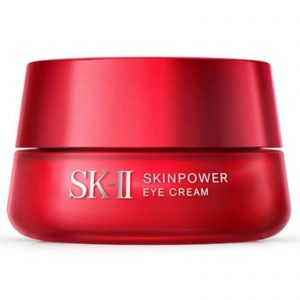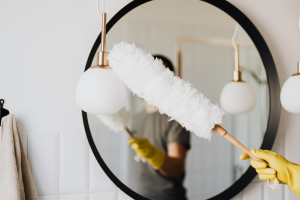It’s important to take care of our skin to ensure we look and feel our best.
However, because skin comes in several different types, and each one needs to be looked after differently, the first step to taking better care of your skin is knowing your skin type.
What’s your type?
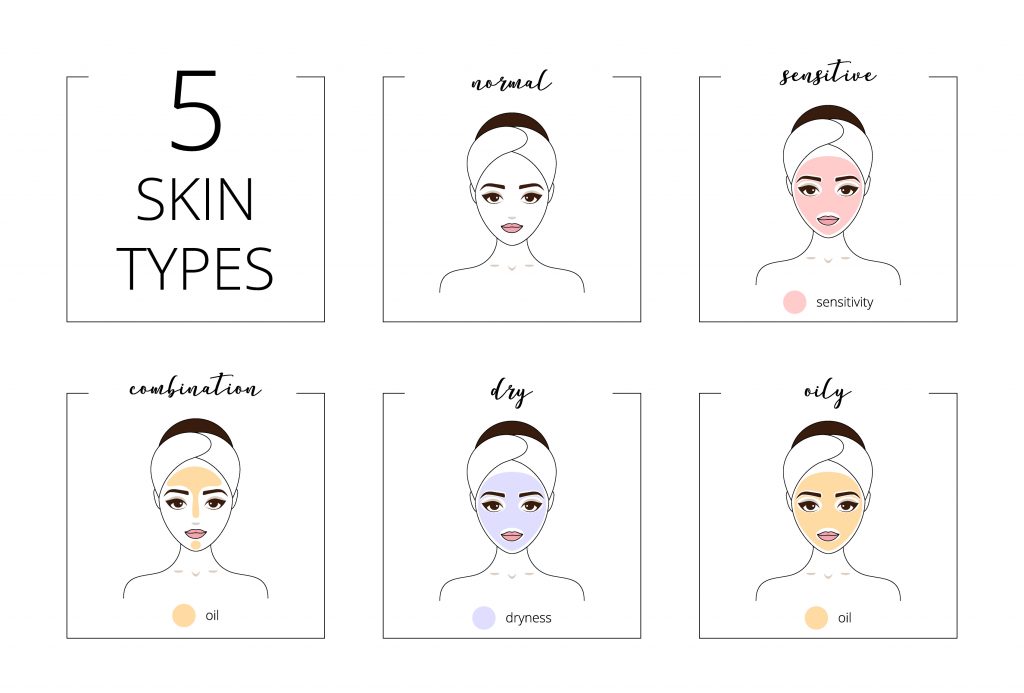
There are 5 basic skin types. And they all need to be cared for in different ways. Here are the 5 categories:
Normal – Normal skin feels even and well balanced; not too dry, not too oily, not overly sensitive—no major skin concerns.
Oily skin – Our skin produces a natural oil called sebum, which helps to moisturize it. If produced in large quantities, sebum can lead to skin looking shiny and greasy. Oily skin may also have enlarged pores (which can more easily get infected or develop into blackheads).
Dry skin – Dry skin may sound easier to manage than oily skin, but it comes with its own set of problems. It can feel uncomfortably tight and dry, and even peel, flake, and crack.
Combination skin – This is the most common skin type. Many people usually have a slightly oily ‘T-zone’ (your chin, nose and forehead) with dry cheeks.
Sensitive skin – Does your skin get irritated by some skincare products? Is it itchy or red and gets dried out in some areas? Or does it simply feel ‘not right’? These are all symptoms of sensitive skin.
There’s also one additional category, which is skin that needs a care regime all of its own:
Aging skin – As our skin ages, it behaves in a different way. It becomes looser and less firm. It can also become drier, rougher, and more fragile.
Which skin type are you? Try a simple test
Here are a couple of easy at-home tests to tell which skin type you have:

Give it a wash
Thoroughly cleanse your face using a mild cleanser. Gently pat it dry and don’t apply any other skin products. Pay close attention to how your skin feels and looks immediately after washing. Take note of how it changes in the next couple of hours.
Dry skin may feel dry or ‘tight’ not long after its washed. It might even look a bit dull, have rough patches, or develop flakes.
Oily skin might look matte after washing, but over the next few hours, it will develop a shine and become greasy. You’ll be able to see the oil if you blot your nose or face with blotting paper or a tissue.
Combination skin usually means having an oily T-zone, combined with normal or dry cheeks. The T-zone is the area that includes the forehead, nose, and chin. A short time after washing, this area may look shiny or greasy, but the cheeks will not.
Normal skin will look clear and even in tone and texture, and won’t feel tight or irritated after washing. Its overall appearance won’t change much during the day.
Sensitive skin may sting, burn, or itch after a wash.
Take good care of yourself
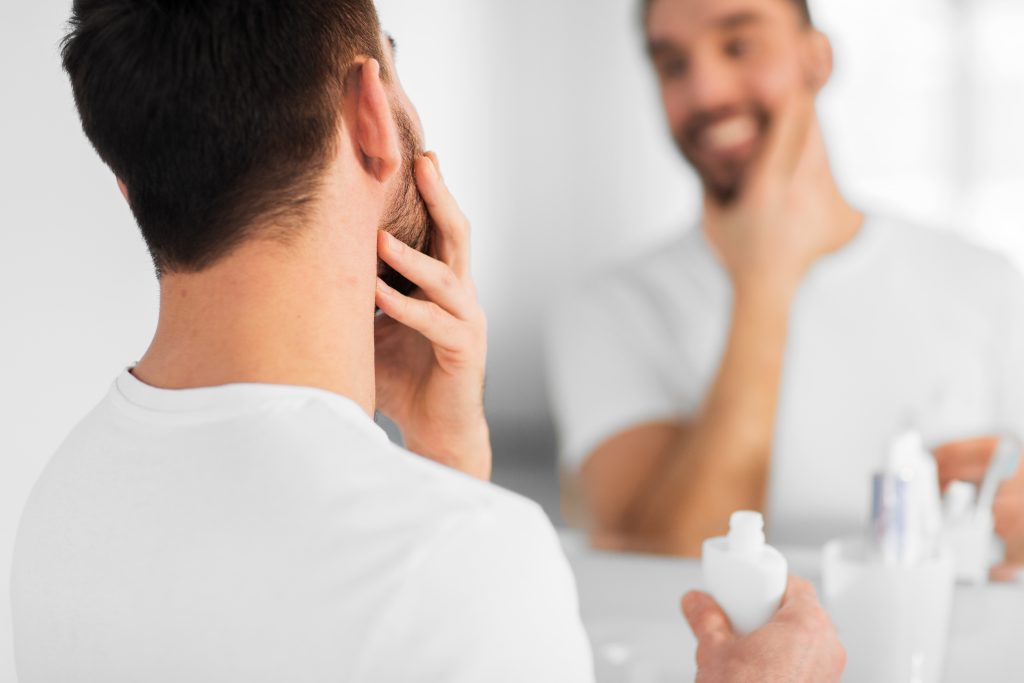
Whatever skin type you’ve identified yourself as, there are ways to look after your precious protective layers.
For oily skin:
- Washing it too often may actually do more harm than good, so only wash it twice a day (unless you’ve worked up a sweat, of course!)
- Use a nice gentle cleanser and avoid scrubbing it too hard
- After cleansing, use a gentle toner to help unblock your pores
- Don’t touch those pimples! If you pop or squeeze them, they can actually take longer to heal
- On the go? You can still use a cleansing pad to keep your skin feeling fresh!
- If you have large pores, try using non-comedogenic skincare products. These products won’t clog your pores
For dry skin:
- Again, don’t wash your skin too often and make sure your showers and baths don’t last too long
- Use the mildest cleansers you can find, like micellar water
- Try not to scrub while you’re washing (or even drying) yourself
- Use a rich moisturiser right after you’ve had a bath or shower. Keep applying moisturiser throughout the day if you can
For combination skin:
- Gentle daily exfoliation can help keep the balance between the cheeks and the T-zone
- After cleansing, using a toner helps to prepare your skin to absorb other care products
- Use a moisturiser with a gel-type texture which is more quickly absorbed and less likely to cause breakouts
- Start with a small amount and increase as required to avoid over-moisturising and stressing your skin
For sensitive skin:
- Work out what triggers your skin’s sensitive reactions—and avoid them!
- Look for skincare products that are free from harsh chemicals and are not too heavily fragranced. Remember, it’s not just your face that needs extra care, the rest of your body does, too!
- If you wear makeup, remember to remove it before you sleep at night
- Using a face mask can help soothe sensitive skin after washing your face
Ageing skin needs special care
As your skin gets older, it needs a different kind of care to restore some of its lost vibrancy and help to keep those pesky lines under control!
- Take care of aging skin—apply a moisturiser every day
- Wash away dirt and grime twice a day with a mild cleanser, rather than soap
- Use a targeted eye cream to address some of the visible signs of aging around your eyes
The ‘Big 5’ of skincare
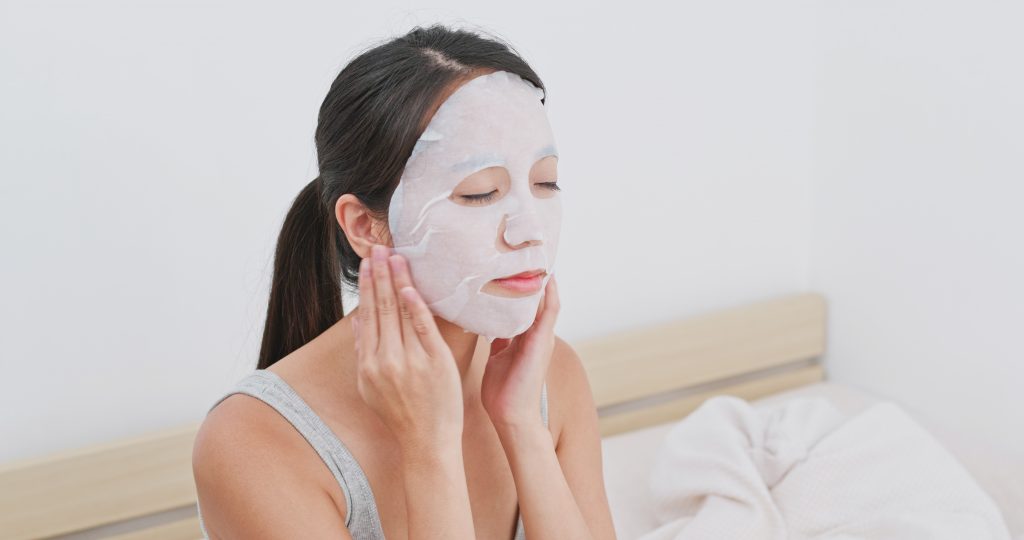
If you want to take good care of your skin, don’t forget these 5 important guidelines that can help you manage any skin type:
- The sun is no friend to skin. It can even cause premature lines and wrinkles, so ensure you apply a high SPF, broad-spectrum sunscreen before going out in the sun.
- Don’t smoke. It’s not only bad for your health (not to mention your breath), but there are also toxins in cigarette smoke that can damage your skin’s collagen, creating deeper lines in your face!
- Stay hydrated. Drinking water isn’t just good for your overall health, it’s great for your skin too!
- Wash your skin every day, but make sure you do it gently! Never wear makeup to bed.
- Don’t forget to moisturise! Many don’t use toners, but toning your skin helps to balance its pH and enables other skin care products to be absorbed better. After using a toner, follow up with a moisturiser and an eye cream. Use a face mask every week for extra hydration.
Look as good as you feel! Ensure your skin always look radiant with amazing deals and discounts on facial care here.
